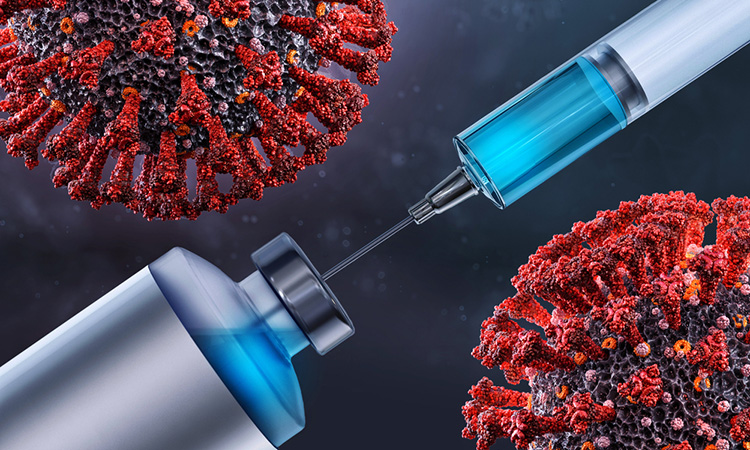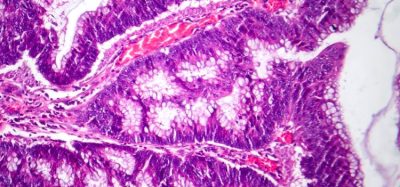Pfizer COVID-19 vaccine effective against B.1.1.7 variant from UK
Research has demonstrated that the Pfizer and BioNTech COVID-19 vaccine can neutralise the B.1.1.7 variant in pre-clinical studies.
Pfizer and BioNTech have announced results from an in vitro study that provides additional data on the capability of sera from individuals immunised with the Pfizer-BioNTech COVID-19 vaccine to neutralise a SARS-CoV-2 UK strain.
Also known as B.1.1.7 lineage or VOC 202012/01, the strain is a rapidly spreading variant of SARS-CoV-2 initially detected in the UK that carries a larger than usual number of genetic changes with 10 mutations located in the coronavirus Spike (S) protein.
BioNTech and Pfizer have previously published data from an in vitro study that evaluated one of the key mutations (N501Y) in the UK strain, which is also shared by the South African strain. That study showed efficient neutralisation of the N501Y mutated S protein bearing virus by-sera of individuals who had received the Pfizer-BioNTech COVID-19 vaccine.
The current in vitro study investigated the full set of UK strain S protein mutations. A pseudovirus featuring the UK strain S protein was first generated. The pseudovirus recapitulates SARS-CoV-2 virus binding and cell entry. Sera from trial participants was found to inhibit the pseudovirus bearing the UK strain at the same level of efficacy as the unmutated Wuhan SARS-CoV-2 S protein.
The researchers therefore conclude that the UK virus variant should be prevented by immunisation with BNT162b2.
Pfizer and BioNTech say that they are encouraged by these early in vitro study findings. However they highlight that further data are needed to monitor the Pfizer-BioNTech COVID-19 vaccine’s effectiveness in preventing COVID-19 caused by new virus variants. Should a vaccine strain change be required to address virus variants in the future, the companies believe that the flexibility of BioNTech’s proprietary mRNA vaccine platform is well suited to enable such adjustment.
The results were published on the pre-print server bioRxiv and have been submitted to a peer-reviewed journal.










